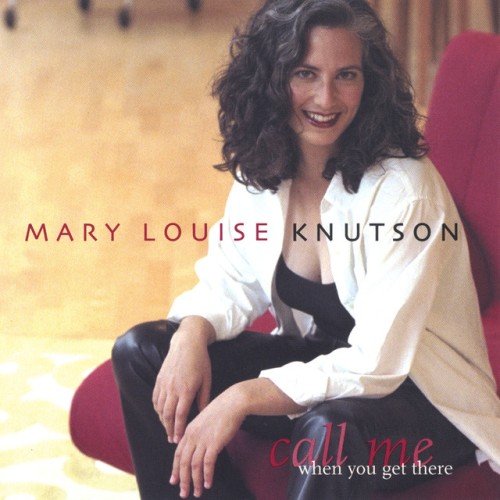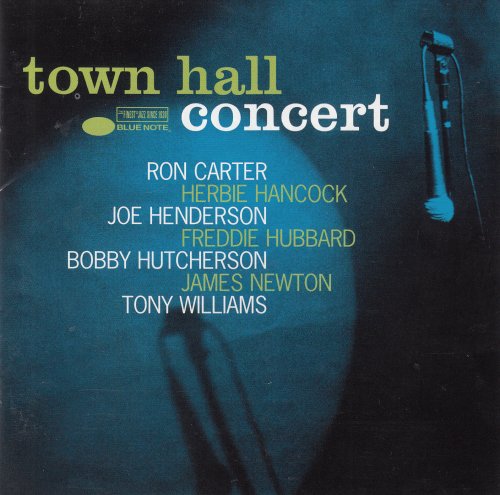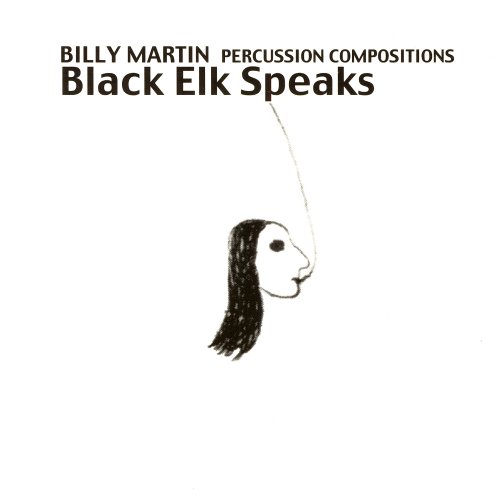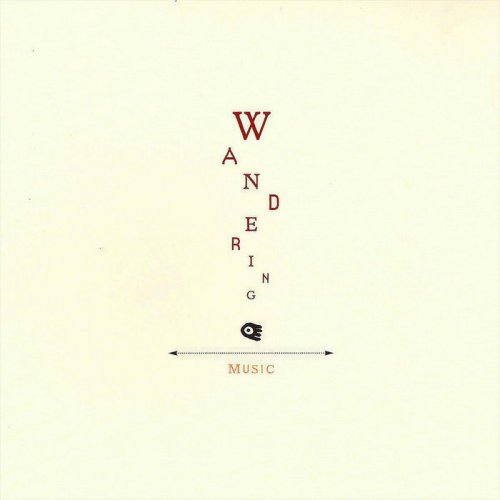Pavel Haas Quartet - Janáček: String Quartet No. 1, Haas: String Quartets Nos. 1 & 3 (2007)
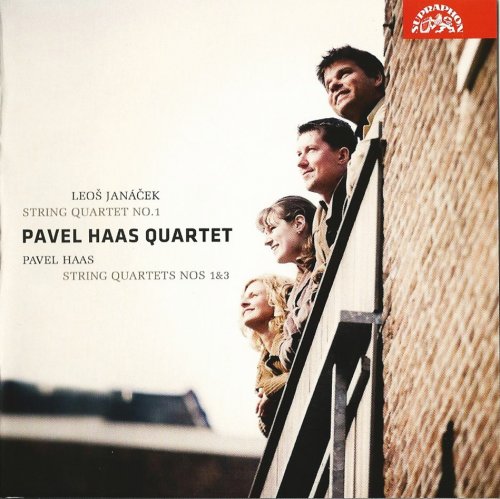
Artist: Pavel Haas Quartet
Title: Janáček: String Quartet No. 1, Haas: String Quartets Nos. 1 & 3
Year Of Release: 2007
Label: Supraphon
Genre: Classical
Quality: FLAC (image+.cue,log,scans)
Total Time: 54:36
Total Size: 305 Mb
WebSite: Album Preview
Tracklist: Title: Janáček: String Quartet No. 1, Haas: String Quartets Nos. 1 & 3
Year Of Release: 2007
Label: Supraphon
Genre: Classical
Quality: FLAC (image+.cue,log,scans)
Total Time: 54:36
Total Size: 305 Mb
WebSite: Album Preview
Leoš Janáček (1845-1928):
String Quartet No. 1 After Tolstoy's "Kreutzer Sonata" (18:44)
1 – Adagio. Con Moto 4:17
2 – Con Moto 4:32
3 – Con Moto. Vivo. Andante 4:15
4 – Con Moto. Adagio. Maestoso 5:31
Pavel Haas (1899-1944):
5 String Quartet In C Sharp Minor No. 1, Op. 3 13:39
String Quartet No. 3, Op. 15 (22:01)
6 – Allegro Moderato 6:45
7 – Lento Ma Na Non Troppo E Poco Rubato 6:05
8 – Thema Con Variazioni E Fuga. Con Moto 9:01
Performers:
Pavel Haas Quartet
The two string quartets by modernist Czech composer Pavel Haas included here are formally controlled, intensely expressive, and extremely powerful. Harmonically individualistic but nevertheless in the tonal tradition, these quartets are of their time but also transcend it through their urgent communication with the listener. As befits a group bearing his name, the Pavel Haas Quartet performs Haas' single-movement String Quartet No. 1 from 1920 and three-movement String Quartet No. 3 from 1938 with uncompromising dedication. Together, violinists Veronika Jaruskova and Marie Fuxova, violist Pavel Nikl, and cellist Peter Jarusek form a strong-willed and exciting ensemble. Their focused intonation, forceful tempos, and tight tempos are impressive, and their fervent interpretations of Haas' music are revelatory. For decades after the composer's 1944 death in Auschwitz, the vast majority of his music was rarely if ever played, and thus for most listeners, these quartets will be entirely unknown territory. But after hearing the impassioned performances here, most listeners will want to hear these works again, and perhaps even search out other works by Haas.
Unfortunately, it must be added that the performance of Janácek's String Quartet No. 1 that opens this disc is less successful. The work's essential elements, its dramatic intensity, and maniacal expressivity are entirely missing, and without them, the piece is merely a pro forma exercise in tempo and texture. Still, for the superlative performances of Haas' quartets and the bright, natural Supraphon sound, this disc must be highly recommended.
Unfortunately, it must be added that the performance of Janácek's String Quartet No. 1 that opens this disc is less successful. The work's essential elements, its dramatic intensity, and maniacal expressivity are entirely missing, and without them, the piece is merely a pro forma exercise in tempo and texture. Still, for the superlative performances of Haas' quartets and the bright, natural Supraphon sound, this disc must be highly recommended.
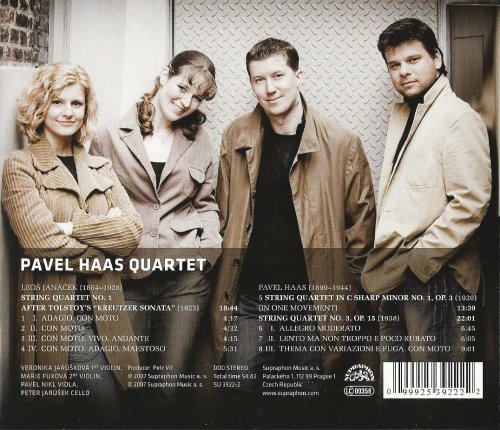
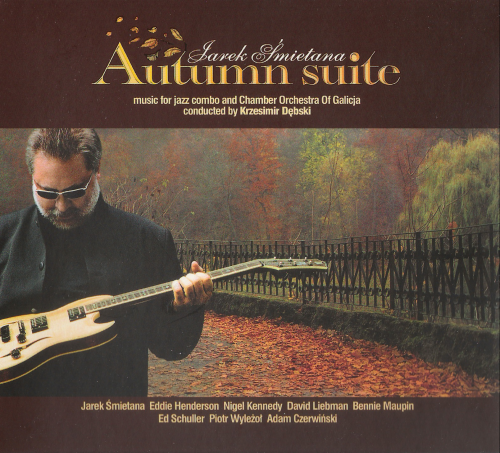
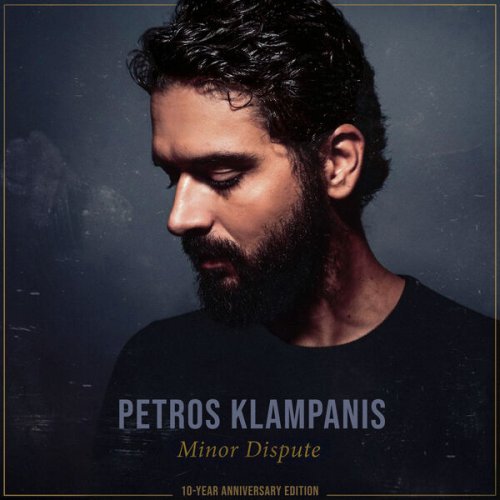
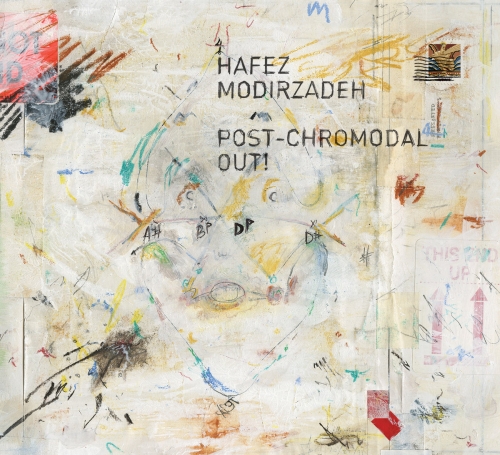
![Ilhan Ersahin, Alp Ersönmez, Izzet Kizil, Turgut Alp Bekoglu - Istanbul Sessions: Mahalle (2026) [Hi-Res] Ilhan Ersahin, Alp Ersönmez, Izzet Kizil, Turgut Alp Bekoglu - Istanbul Sessions: Mahalle (2026) [Hi-Res]](https://img.israbox.com/img/2026-01/15/ipohwxjd3n2z6fjrmuocifcej.jpg)
